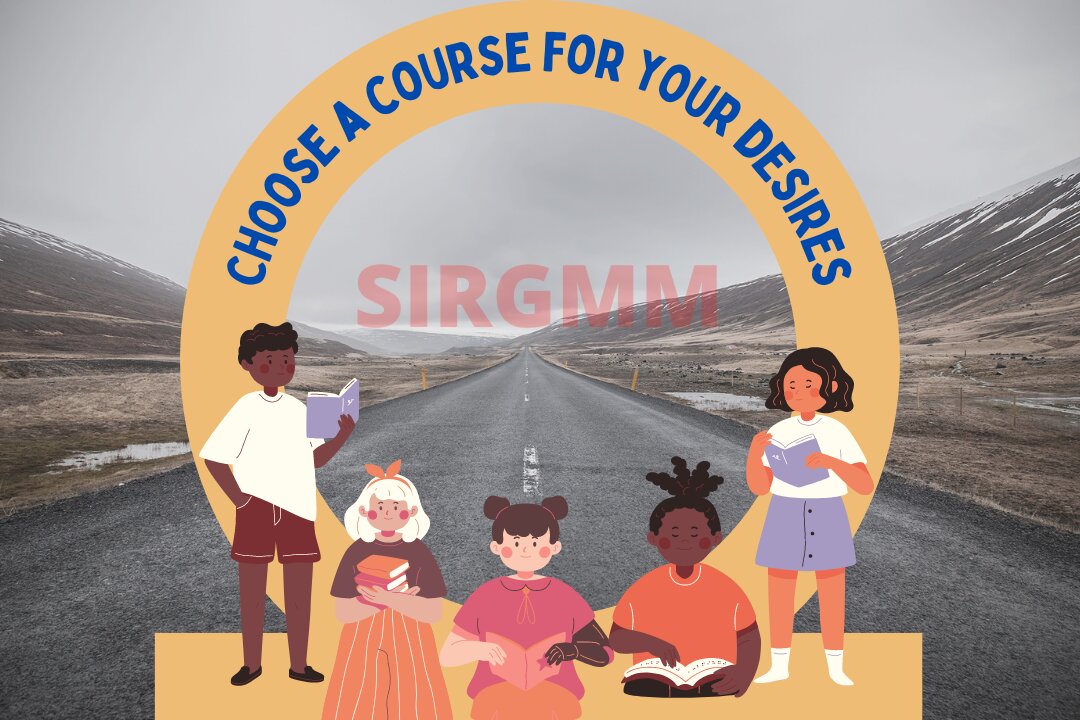By way of explaining her passion for explaining stuff( she told me, amongst numerous other effects, why the sky appears blue, why witches are depicted wearing sharp headdresses, and whereJ.R.R. Tolkien got his alleviation for The Hobbit), Maddy happily admitted to being a ‘ dink
By this, she meant she loved literacy.
Now, this may sound incredibly inelegant( and incredibly egregious) but this reaffirmed for me the significance of chancing a course of study you love. Because if you end up choosing a course for reasons other than being, authentically interested in the content, also you’re doubtful to enjoy it or get the stylish results.
Again, I realize that not everyone has linked their lifelong heartstrings by the age of 15. Or indeed 18. I reiterate that’s completely fine.
But if you’re one of those people who aren’t too sure, don’t just pick commodity and stopgap for the stylish! There are lots of options you can make use of, to ensure you get the most out of your degree, in terms of both enjoyment and academic success.
1. Take a gap time
Occasionally, just taking some time out can clarify the effects (#agonyauntcorner). It’s likely to be particularly delicate to decide the future when you’re juggling examinations, coursework, operations, and so on. You could also use the time swung by your gap time to find out further about a different course of study.
2. Take a free online course
One way to slice different subjects is to take a free online course. numerous universities are now using online software like iTunes U to upload recorded addresses and lectures, which can be downloaded free of charge.
3. Take a short course or nighttime classes
Still, try taking a shorter course in the subject – maybe an evening class, part-time course, or summer academy, If you’re suitable. This could be especially useful if you’re interested in a course of study you haven’t needed to study ahead. (further on summer courses then.)
4. Read up on your course of study
Get hold of some books on the subject, and see whether you’re gripped by them or not! You could indeed check out the reading lists of courses you’re considering – numerous departments will publish these online( or may shoot you one if you ask). A warning however doesn’t rule out a subject just because you find one book heavy going – it may just be the style of jotting, or that you need some tutoring input to make effects clearer.
5. Attend open days university expositions
As important as you can, go to university open days and university expositions. Talking to people who educate the subject and scholars formerly on the course can give you much further a sense of what it’s like, the kind of motifs covered, and the style of tutoring and studying. ( further on what to ask at open days then.) If you’re studying at an undergraduate position, the QS World University Tour can help you explore your options, or if you’re looking to study at a graduate position, the QS World Grad School Tour allows you to meet with admissions officers( and attendees will also be eligible to apply for the QS Scholarships).
6. Find a flexible university system

In North America, for illustration, it’s common to spend the first two times of an undergraduate degree covering a wide variety of subjects, before deciding on a major. Away, numerous universities offer binary degrees, which allow you to study two or further different subjects. Others will have a compass for scholars to take at least some modules from other courses.
It’s also worth asking how easy it’s to switch subjects if you have a change of heart – though I wouldn’t advise doing that during an admissions interview!

